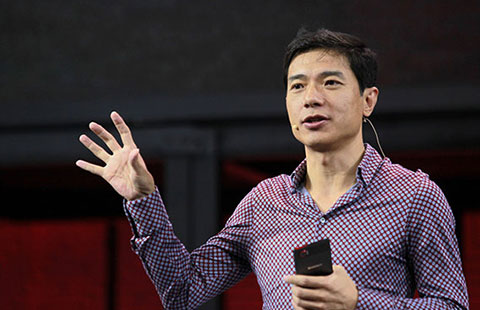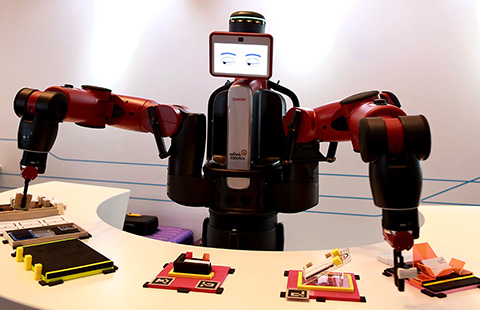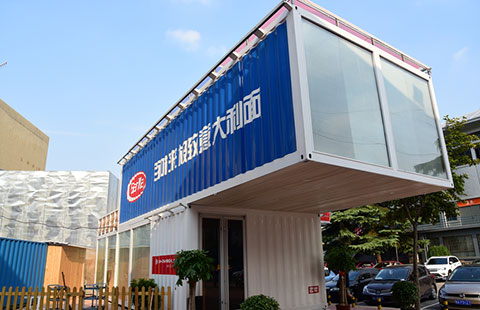Bid to tackle economy not empty talk, vows Li
By Zhao Yinan, Dai Tian and Hu Yuanyuan (China Daily) Updated: 2015-09-11 09:45He said China's manufacturing industry should "fully leverage the Internet to transform from the old product-centric sales model to a new customer-centric and services-based business model".
Large enterprises should learn from and collaborate with these innovative startups to accelerate their new services and generate new revenue, Gong said.
Gary Seib, Global Executive Committee member at multinational law firm Baker & McKenzie, who attended the meeting, said that the Chinese economy continues to be a crucial driver of the global one.
He welcomed the government's determination to progress with reforms across a range of sectors, from infrastructure to financial services, saying this would reinforce the long-term strength of the domestic economy.
"Over the 40 years that Baker & McKenzie has had a presence in this country, we have witnessed the gradual opening of the Chinese market and the maturing and normalization of the patterns of Chinese investment in line with the global economy," he said.
Gong Ke, president of Tianjin University and a professor of electronic engineering, said many industrial enterprises in China are facing difficulties, especially in the northeast.
But the growth of high-tech businesses has made up for this and will become the next driving force of the Chinese economy, he said.
He did not think that mass innovation could lead to an immediate boost in economic growth, but it could result in a better economic structure.
- Transcript of Premier Li Keqiang's meeting with Chinese and foreign business representatives at the Ninth Annual Meeting of the New Champions
- Interbank currency market may open to foreign central banks
- Li sees stable, healthy financial market ahead
- China premier vows opening to foreign investors
- Robots sparkle at Summer Davos Forum in Dalian
- Apple launch fails to grasp core issue
- Premier vows further cooperation with Russia's Far Eastern regions
- Chinese TV shows find new growth avenues in Arabian nations
- A new course of growth for China
- Oppo Electronics banks on FC Barcelona sponsorship deal to open doors
- Better quality will encourage more to 'buy Chinese'
- China, Arab States to explore cooperation
- LeTV to step up funding in charging stations
















